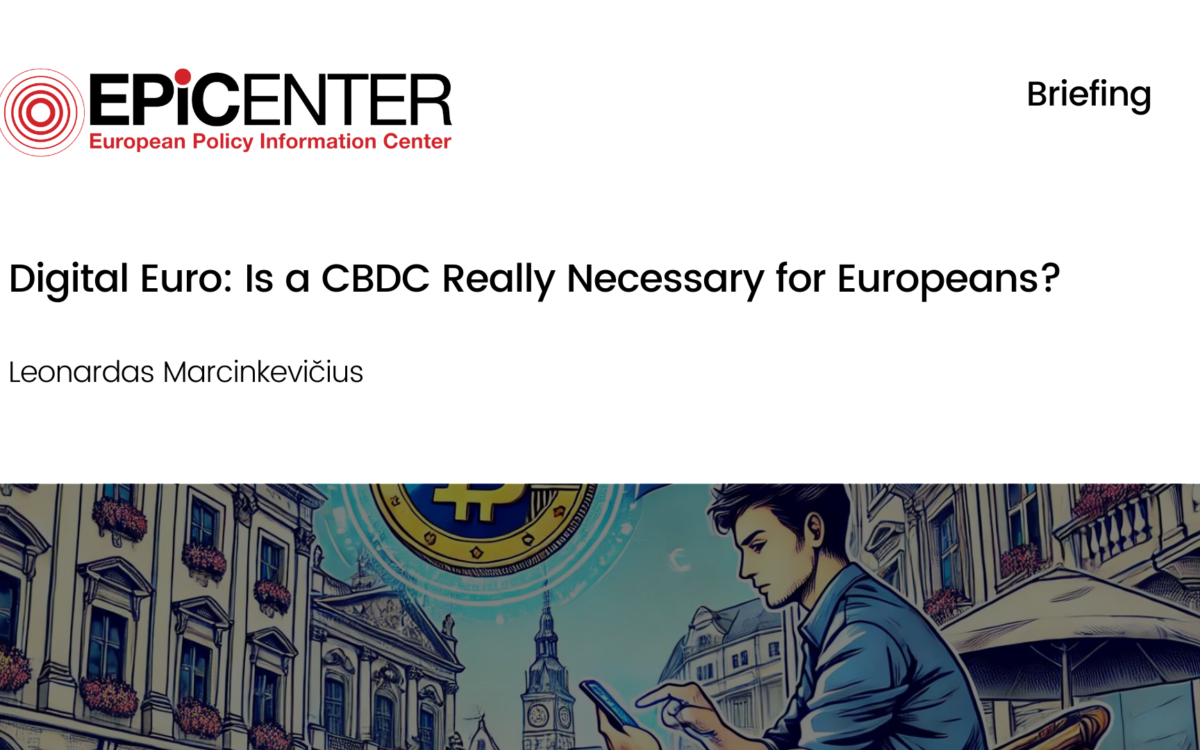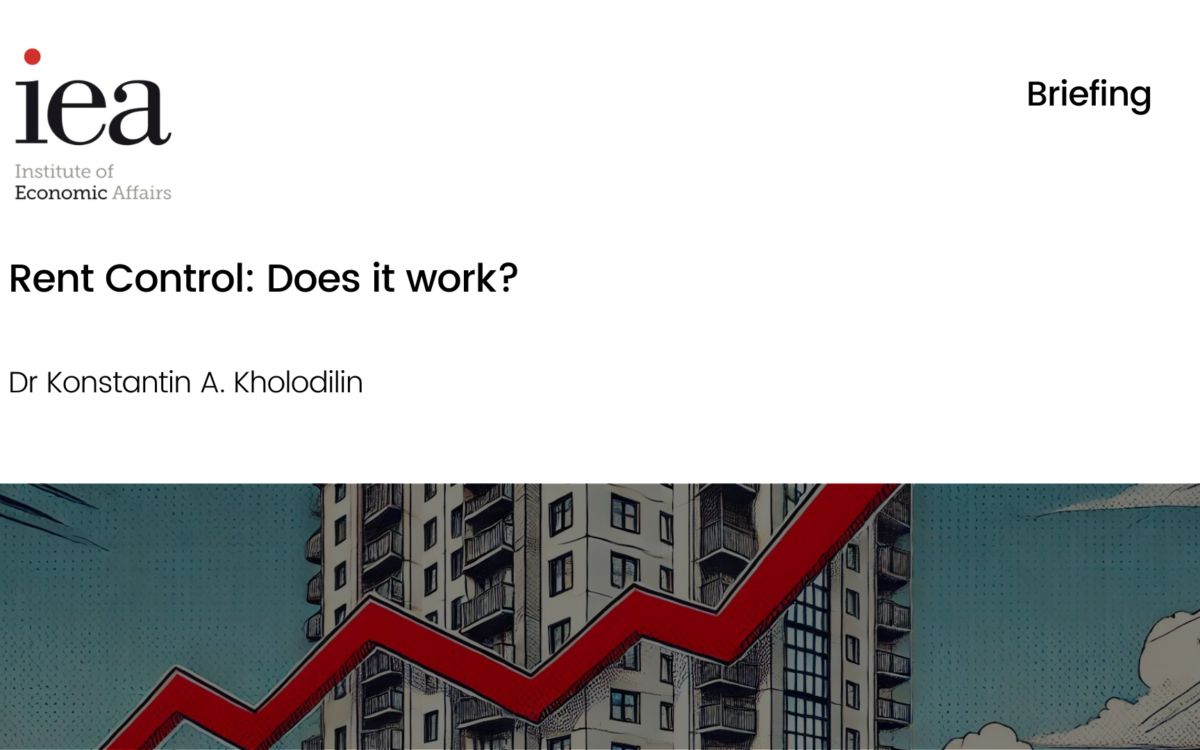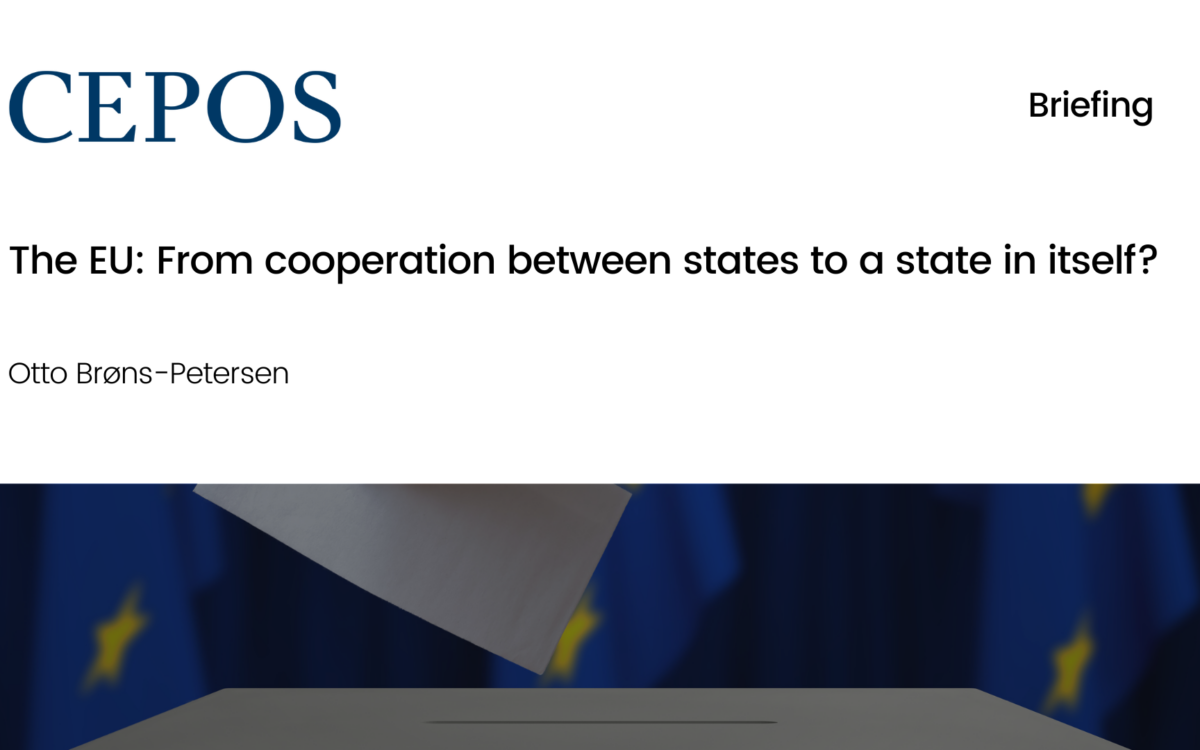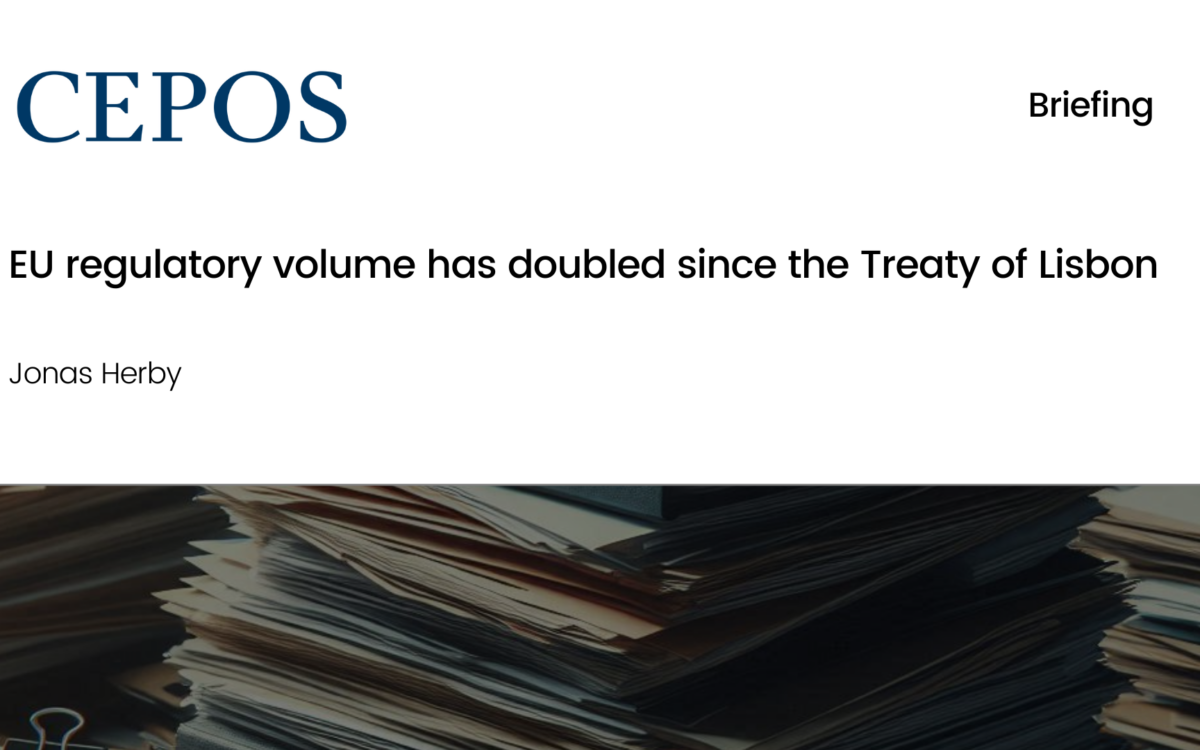The EU and Norway: A Complex Relationship
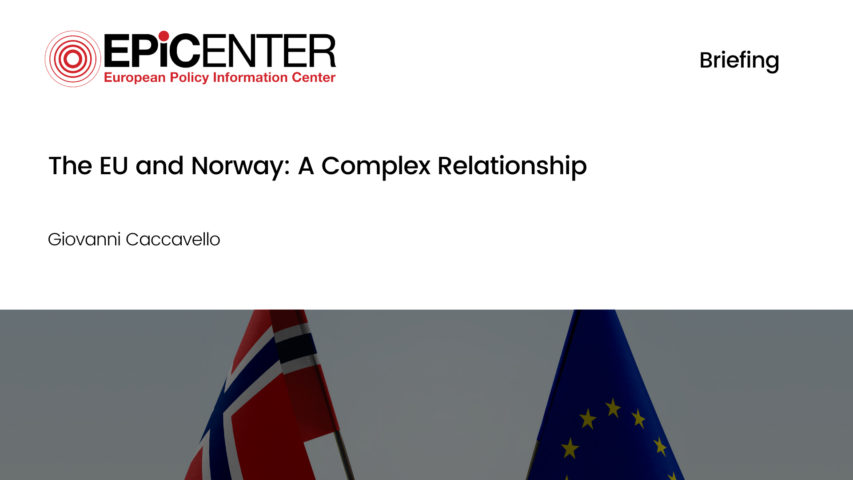
The EU and Norway: A Complex Relationship
April 2017
The EEA Agreement was signed in 1992, and entered into force in 1994. Until now, EEA EFTA countries have been able to enjoy the benefits of the European Single Market whilst remaining outside of Brussels’ ever-closer-union agenda.
The EEA Agreement does not cover the EU common agricultural and fisheries policies, the customs union, the common trade policy, the common foreign and security policy, justice and home affairs or the monetary union. However, Iceland, Liechtenstein and Norway have to comply with the body of EU law relevant to the four freedoms along with that pertinent to flanking policies, such as social policy, environment, consumer protection and competition.
Most importantly, the Customs Border between the EU and its neighbouring countries tends to function as both a bridge and as a barrier. Looking at the Norwegian-Swedish Customs Border, different kinds of duties, VAT rules, customs procedures and national technical rules are considered by businesses the greatest barrier to trade.
Download or share this publication
View the PDF
EPICENTER publications and contributions from our member think tanks are designed to promote the discussion of economic issues and the role of markets in solving economic and social problems. As with all EPICENTER publications, the views expressed here are those of the author and not EPICENTER or its member think tanks (which have no corporate view).
